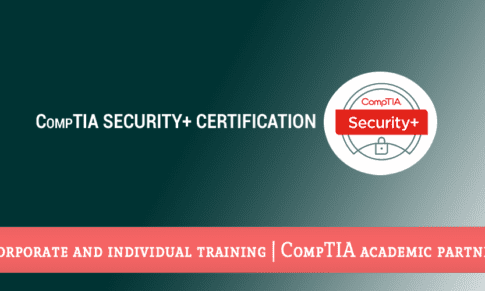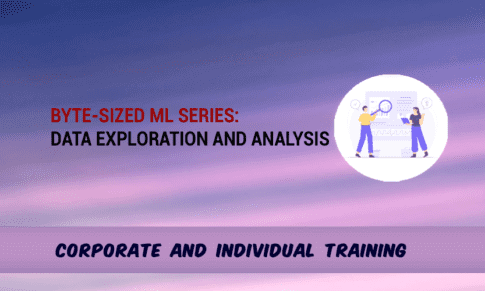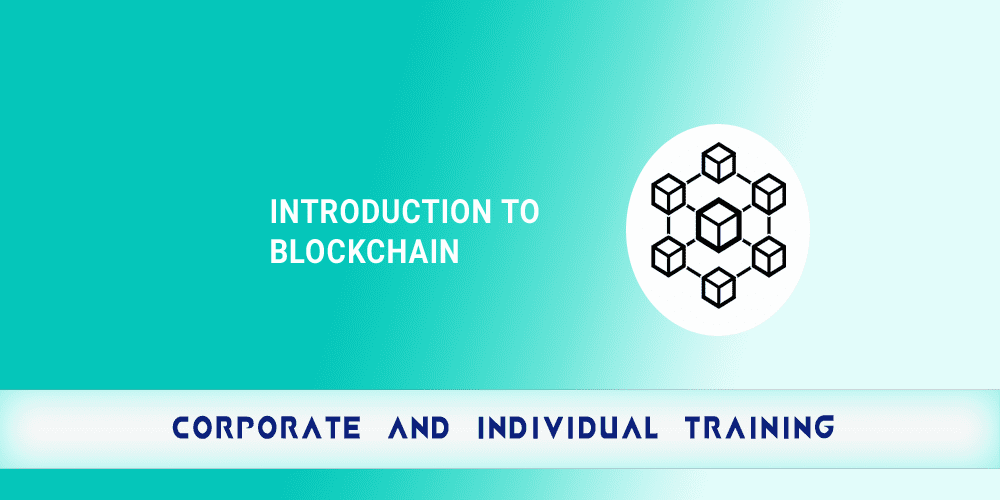Google Cloud Fundamentals for AWS Professionals
- Created By raju2006
- Last Updated February 16th, 2025
- Overview
- Prerequisites
- Audience
- Curriculum
Description:
Elevate your Azure expertise with our course on Google Cloud's core capabilities in networking, compute, storage, and database. Tailored for Azure professionals, including system administrators, solutions architects, and SysOps administrators, this program offers immediate hands-on experience in configuring Google Cloud products. With a mix of lectures, demos, and practical labs, you'll uncover the parallels and distinctions between the two platforms while mastering essential tasks in Google Cloud.
Course Code/Duration:
BDT100 / 1 Day
Learning Objectives:
This course teaches participants the following skills:
- Identify Google Cloud counterparts for Amazon VPC, subnets, routes, NACLs, IGW, Amazon EC2, Amazon EBS, auto-scaling, Elastic Load Balancing, Amazon S3, Amazon Glacier, Amazon RDS, Amazon Redshift, AWS IAM
- Configure accounts, billing, projects, networks, subnets, firewalls, VMs, disks, auto scaling, load balancing, storage, databases, IAM, and more
- Manage and monitor applications
- Explain feature and pricing model differences
To get the most out of this course, participants should:
- Have basic proficiency with networking technologies like subnets and routing
- Have basic proficiency with command-line tools
- Students are expected to have experience with Amazon VPC, Amazon EC2 instances, and disks. Familiarity with Amazon S3 and AWS database technologies is recommended
This course is intended for the following participants:
- Individuals planning to deploy applications and create application environments on Google Cloud
- Developers, systems operations professionals, and solution architects getting started with Google Cloud.
- Executives and business decision makers evaluating the potential of Google Cloud to address their business needs.
Course Outline:
Module 1: Introducing Google Cloud
- What is cloud computing?
- Google Cloud Computing architectures
- The Google network
- Google Cloud Regions and Zones
- Google Cloud versus Azure regions and zones
- Open API’s
- Multi-layered security approach
- Budgets and Billing
Module 2: Getting Started with Google Cloud
- Google Cloud resource hierarchy
- Comparison to Azure resource hierarchy
- Identity and Access Management (IAM)
- IAM Roles
- Comparison to Azure AD
- Interacting with Google Cloud
- Cloud Marketplace
Module 3: Virtual Machines in the Cloud
- Virtual Private Cloud (VPC) Network
- How AWS VPC differs from Google VPC
- Compute Engine
- Comparing Amazon EC2 and Google Compute Engine
- Important VPC Capabilities
- How typical approaches to load-balancing in Google Cloud differ from those in AWS
Module 4: Storage in the Cloud
- Cloud Storage
- Cloud Storage Interactions
- Comparing Azure Blob Storage with Google Cloud Storage
- Cloud Bigtable
- Cloud SQL and Cloud Spanner
- Cloud Datastore
- Comparing Azure SQL with Google Cloud’s managed database services
- Comparing Storage Options
Module 5: Containers in the Cloud
- Containers in the Cloud
- Kubernetes and Kubernetes Engine
- Hybrid and Multi-Cloud
- How Azure Kubernetes Service differ from GKE
Module 6: Applications in the Cloud
- App Engine Standard Environment
- App Engine Flexible Environment
- Comparison to Azure App Service
- Cloud Endpoints and Apigee Edge
Module 7: Developing, Deploying and Monitoring in the Cloud
- Development in the cloud
- Deployment: Infrastructure as code
- How Cloud Deployment Manager differs from AWS CloudFormation
- Monitoring: Proactive instrumentation
- How Cloud Operations differs from Amazon CloudWatch and AWS CloudTrail
Module 8: Big Data and Machine Learning in the Cloud
- Google Cloud Big Data Platform
- Dataflow
- BigQuery
- How BigQuery differs from Amazon Redshift
- Pub/sub and Datalab
- How Cloud Pub/Sub differs from Amazon SQS
- Google Cloud Machine Learning Platform
- ML APIs
- How GCP’s machine-learning APIs differ from AWS’s
Module 9: Summary and Review
- Course Review
- The Process of migrating from AWS to Google Cloud
- Next Steps
Training material provided:
Yes (Digital format)
The curriculum is empty
[INSERT_ELEMENTOR id="19900"]



